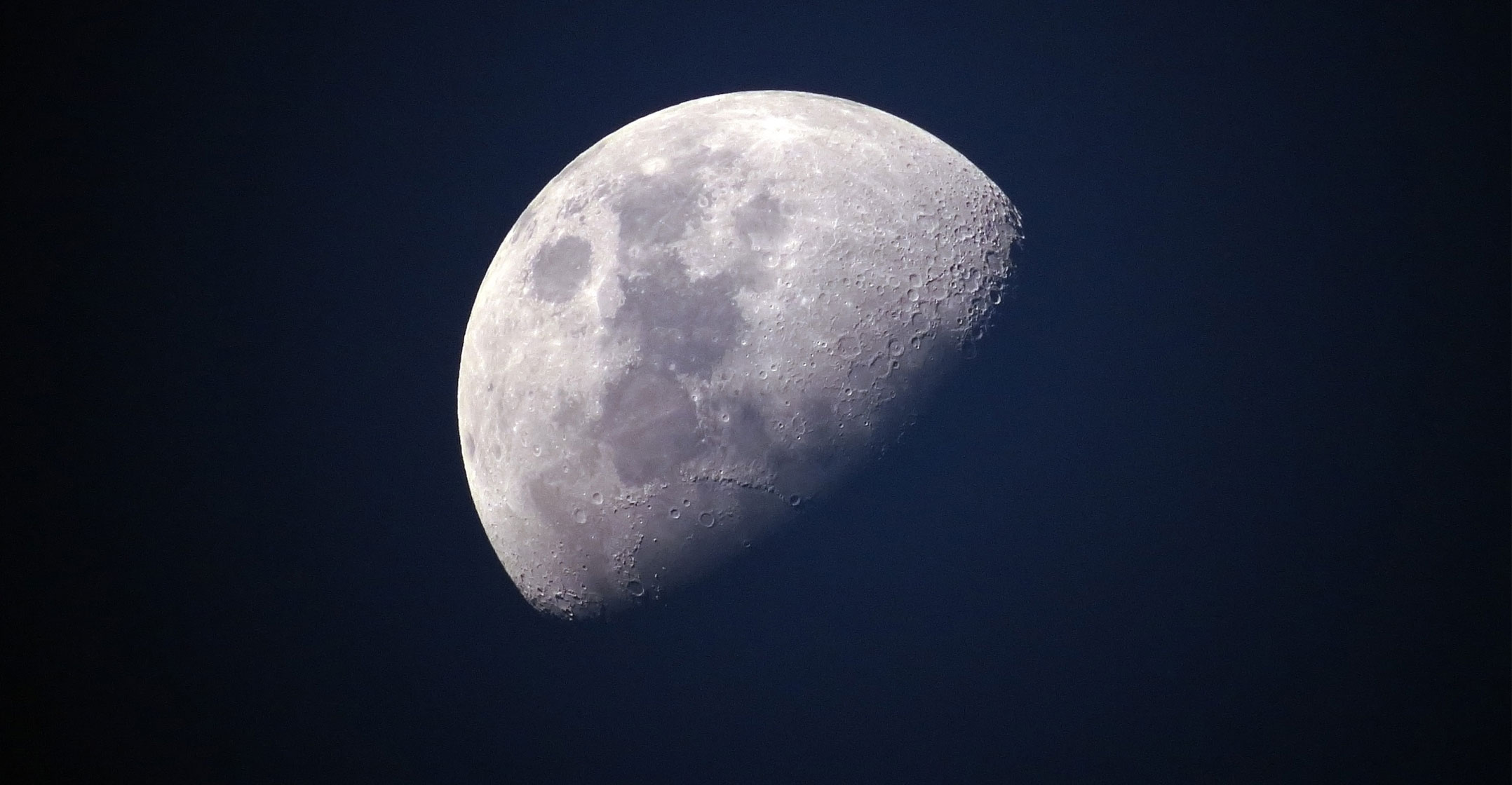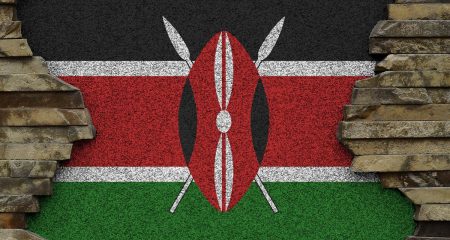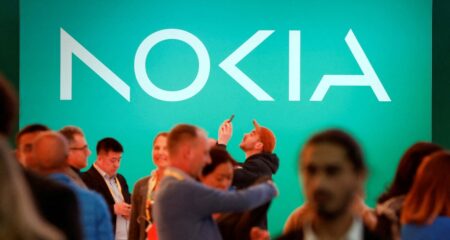
Vodafone and technology partner Nokia have revealed at Mobile World Congress in Barcelona that they will deploy 4G mobile broadband technology on the moon in 2019.
The 4G network will allow for the first “live-streaming of HD video from the moon’s surface to a global audience”, Nokia said in a statement. The move comes 50 years after humans first walked on the Earth’s satellite.
Vodafone and Audi in Germany plan to support the lunar mission by Berlin-based PTScientists. The mission, to execute the first privately funded moon landing, is due to be launched next year from Cape Canaveral on a SpaceX Falcon 9 rocket.
The lunar 4G network will connect two Audi lunar quattro rovers to a base station in an “autonomous landing and navigation module”. Nokia, through Nokia Bell Labs, will create a space-grade “ultra-compact network” that will be the lightest ever developed — weighing less than one kilogram.
The 4G network will allow the Audi rovers to communicate and transfer scientific data and HD video while they approach and study Nasa’s Apollo 17 lunar roving vehicle that was used by the last astronauts to walk on the moon (commanders Eugene Cernan and Harrison Schmitt) to explore the Taurus-Littrow valley in December 1972.
“Vodafone testing indicates that the base station should be able to broadcast 4G using the 1.8GHz frequency band and send back the first ever live HD video feed of the moon’s surface, which will be broadcast to a global audience via a deep space link that interconnects with the PTScientists server in the mission control centre in Berlin,” Nokia said.
“A 4G network is highly energy efficient compared to analogue radio and that will be crucial to the mission to the moon and is the first step to building communications infrastructure for future missions,” the company added.
“This important mission is supporting, among other things, the development of new space-grade technologies for future data networking, processing and storage, and will help advance the communications infrastructure required for academics, industry and educational institutions in conducting lunar research,” said Nokia chief technology officer and Bell Labs president Marcus Weldon. — (c) 2018 NewsCentral Media




